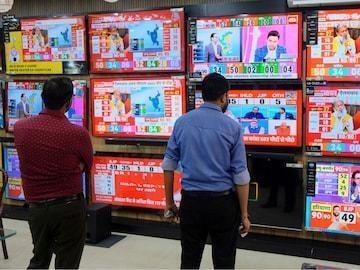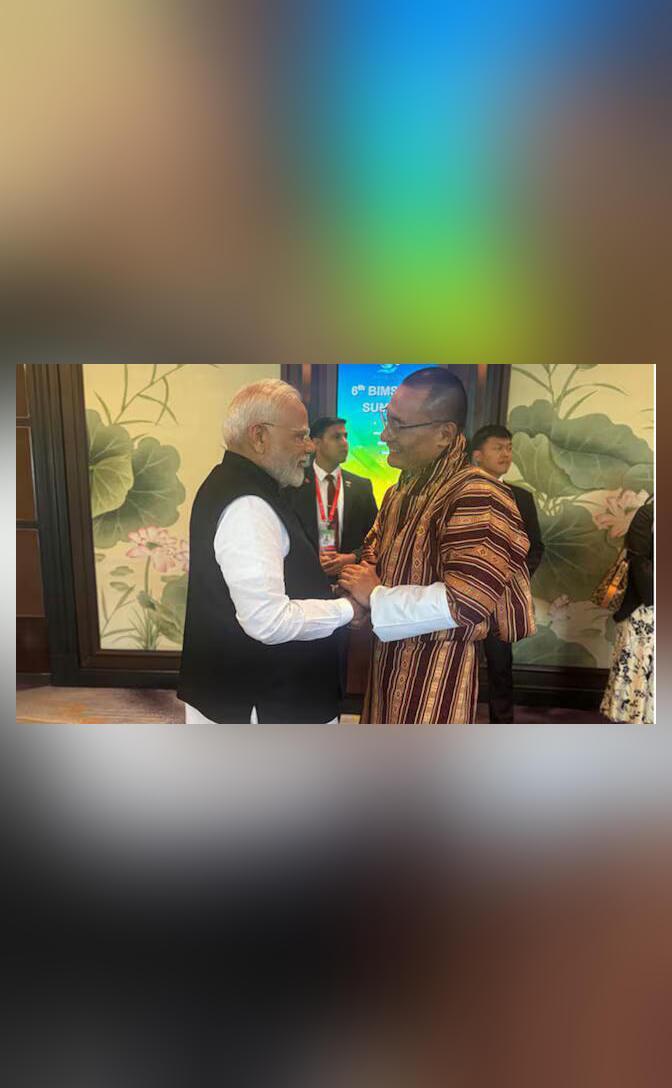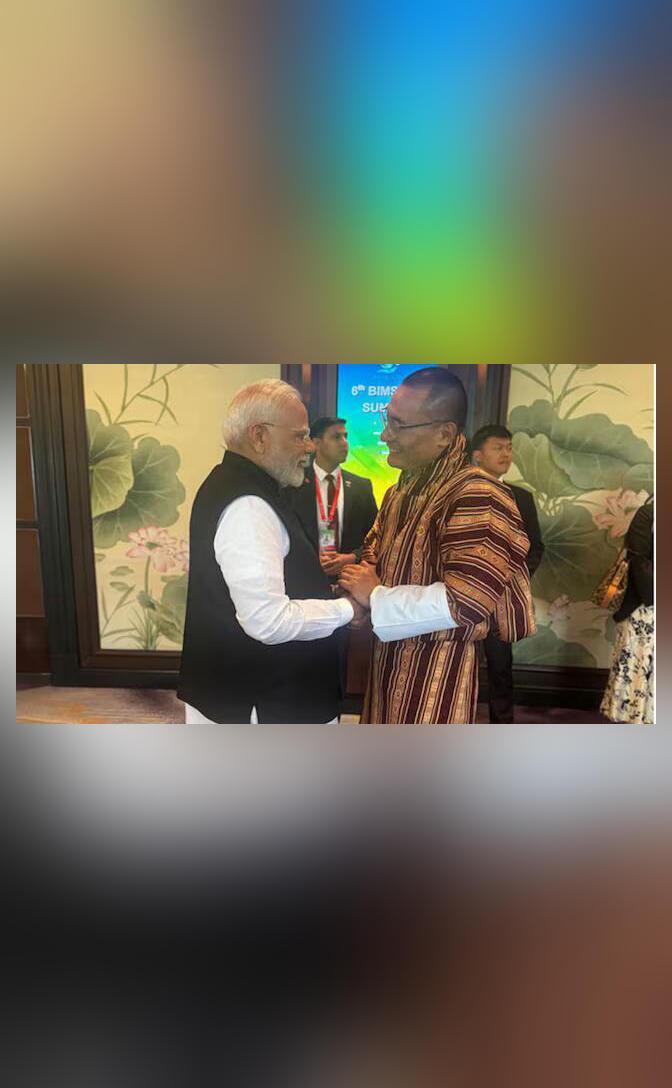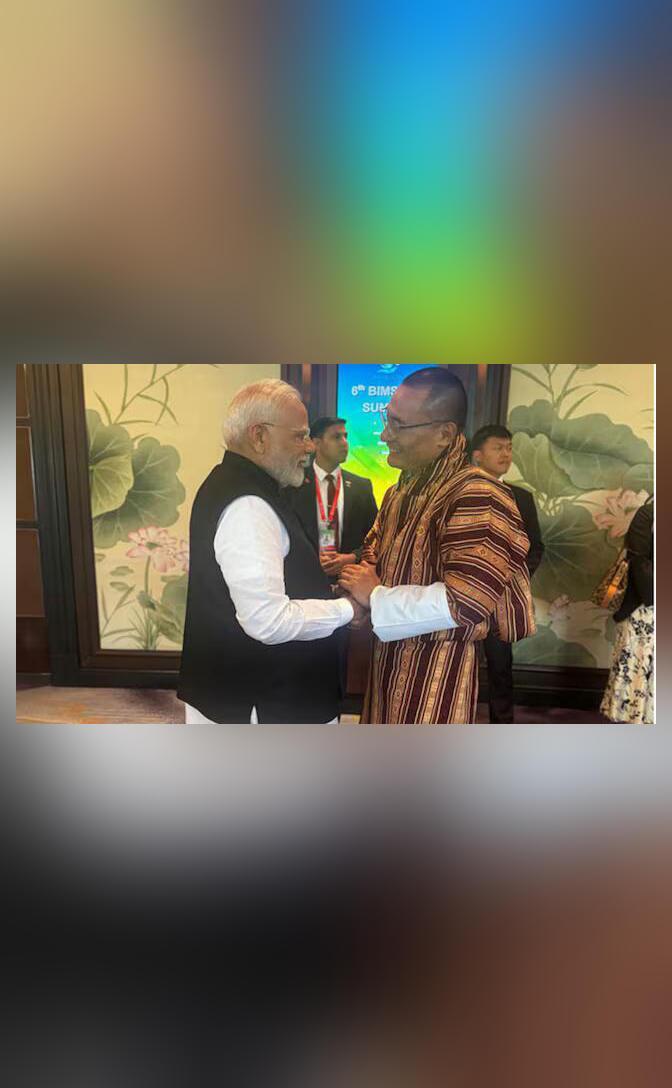
How Accurate Were Delhi Exit Poll Predictions in 2015 & 2020?
Exit polls are a crucial aspect of any election, providing valuable insights into the likely outcome of the voting process. In the fast-paced world of politics, exit polls play a vital role in shaping public opinion and influencing the trajectory of electoral campaigns. In the context of the Delhi Assembly elections, exit polls have been a significant factor in recent years. In this blog post, we will delve into the accuracy of Delhi exit poll predictions in 2015 and 2020, analyzing the gap between predicted outcomes and actual results.
2015 Delhi Assembly Elections: A Tale of Inaccurate Predictions
The 2015 Delhi Assembly elections were a significant event in the political landscape of India. Exit polls estimated that the Aam Aadmi Party (AAP) would secure 45 seats, the Bharatiya Janata Party (BJP) would win 24 seats, and the Congress would manage just one seat. However, the actual results threw a curveball, with AAP winning a whopping 67 seats, leaving BJP with a mere three seats and Congress with none.
The inaccuracy of exit polls in 2015 was a shock to many, with some pollsters even predicting a hung Assembly. The actual results were a resounding victory for AAP, which rode the wave of anti-establishment sentiment to power. The 2015 Delhi Assembly elections were a testament to the unpredictability of exit polls, highlighting the need for a more nuanced understanding of the polling process.
2020 Delhi Assembly Elections: Another Instance of Inaccurate Predictions
Fast-forward to the 2020 Delhi Assembly elections, and the narrative was slightly different. Exit polls predicted that AAP would win 54 seats, while the BJP was expected to secure 15 seats. However, the actual results saw AAP winning 62 seats, while the BJP managed a mere eight seats.
The margin of error between predicted outcomes and actual results was significant, highlighting the challenges faced by pollsters in accurately predicting electoral outcomes. The 2020 Delhi Assembly elections were a classic case of exit polls not quite capturing the mood of the electorate, leading to a mismatch between predicted and actual outcomes.
Why Do Exit Polls Go Wrong?
There are several reasons why exit polls often fail to accurately predict electoral outcomes. One of the primary reasons is the complexity of human decision-making, which is influenced by a multitude of factors, including demographics, economic conditions, and social dynamics. Exit polls rely on a sample of voters, which may not be representative of the larger electorate.
Another reason for inaccuracy is the difficulty in accurately measuring voter sentiment. Voters may not always be willing to share their true preferences, and exit polls may not always capture the nuances of voter opinion. Additionally, the timing and methodology of exit polls can also impact their accuracy, with some polls being conducted too early or too late in the electoral cycle.
Lessons Learned from Delhi Exit Polls
The 2015 and 2020 Delhi Assembly elections provide valuable lessons for pollsters and political analysts. Firstly, it highlights the importance of humility and caution when interpreting exit poll results. Pollsters must acknowledge the limitations of their methodology and not take their predictions as gospel truth.
Secondly, the Delhi Assembly elections demonstrate the need for a more nuanced understanding of the polling process. Pollsters must develop more sophisticated models that can account for the complexities of voter decision-making and the limitations of their own data.
Finally, the Delhi exit polls provide a reminder of the importance of actual voting results. While exit polls can provide valuable insights, they are ultimately no substitute for the real thing. Pollsters and political analysts must remain vigilant and focused on the actual outcomes, rather than relying too heavily on predictions.
Conclusion
In conclusion, the accuracy of Delhi exit poll predictions in 2015 and 2020 was far from perfect. The actual results threw a curveball, highlighting the limitations of exit polls and the need for a more nuanced understanding of the polling process. As pollsters and political analysts, it is essential to acknowledge the limitations of exit polls and remain vigilant in their interpretation. Ultimately, the Delhi Assembly elections serve as a reminder of the importance of humility and caution in the world of exit polls.
Source:






